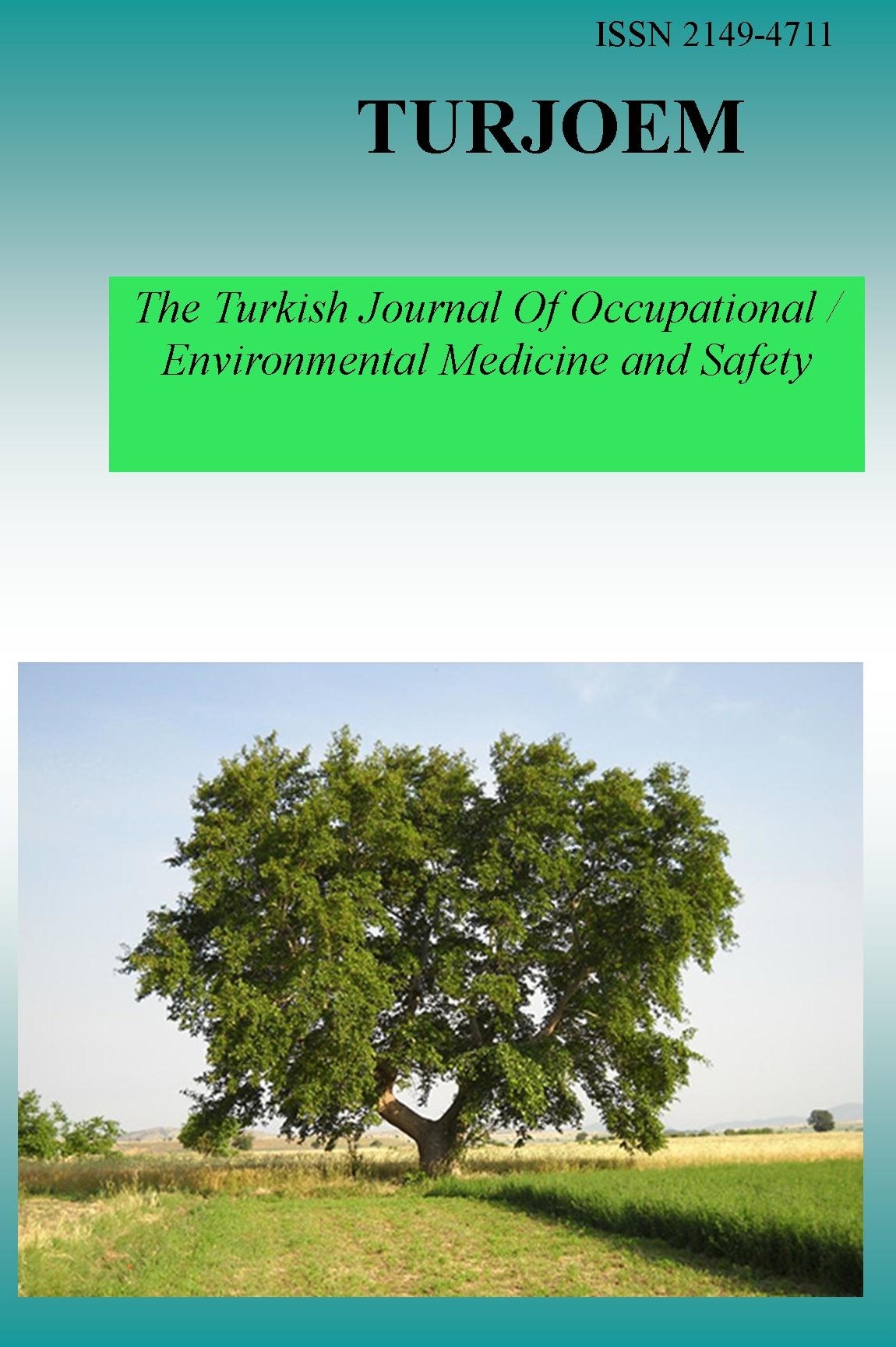Can antibacterial soaps including Triclosan be used safely?
Can antibacterial soaps including Triclosan be used safely?
Objective:
Recently, a great number of discussions can be seen especially in the press and
on internet websites about the use of antibacterial soaps. The objective of
this study is to determine the areas of usage of triclosan which is frequently
used in antibacterial soaps and to find out its effects on health. Method: This
study, which was planned as a review, examined scientific articles on the
internet. Results: In addition to being used as a pesticide, triclosan is also
used in personal care and cosmetics products such as soap, toothpaste,
mouthwash and deodorant; in textile products such as duvet, curtain, sea and
sports outwear; detergent, food packages, plastics and children’s toys. Recent
studies have shown that long term and low concentration triclosan use plays a
role in antibiotic resistance development in bacteria. It has been reported
that in experimental animals which have been exposed to recurrent doses of
triclosan continually, hormonal problems occurred, developmental anomalies and
negative effects on reproductive system were seen. Although there are no
definitive results about the carcinogenic effect of triclosan, studies are
still continuing. It has been suggested by American Food and Drug Agency in
2013 to ban antibacterial soaps since they pose health risks such as resistance
or hormonal effects. In 2016, American government banned antibacterial soaps
both as a reaction to triclosan and to resolve public anxiety. Conclusion: It
is not known yet what kind of health problems will arise in the future as a
result of commonly used biocidal products. Thus, it is recommended to limit the
use of products those the reliability have not been definitely proven for human
health and the use of products which are still being investigated and to
approach with caution even to biocidal products those the reliability limits
have been defined.
Keywords:
Triclosan,
antibacterial soap, biocidal product, health risk
___
- Özlem Terzi, Ahmet Tevfik Sünter, Maide Nur Kartal
Public Health Department, Medical Faculty, Ondokuz Mayis University; Samsun, Turkey
